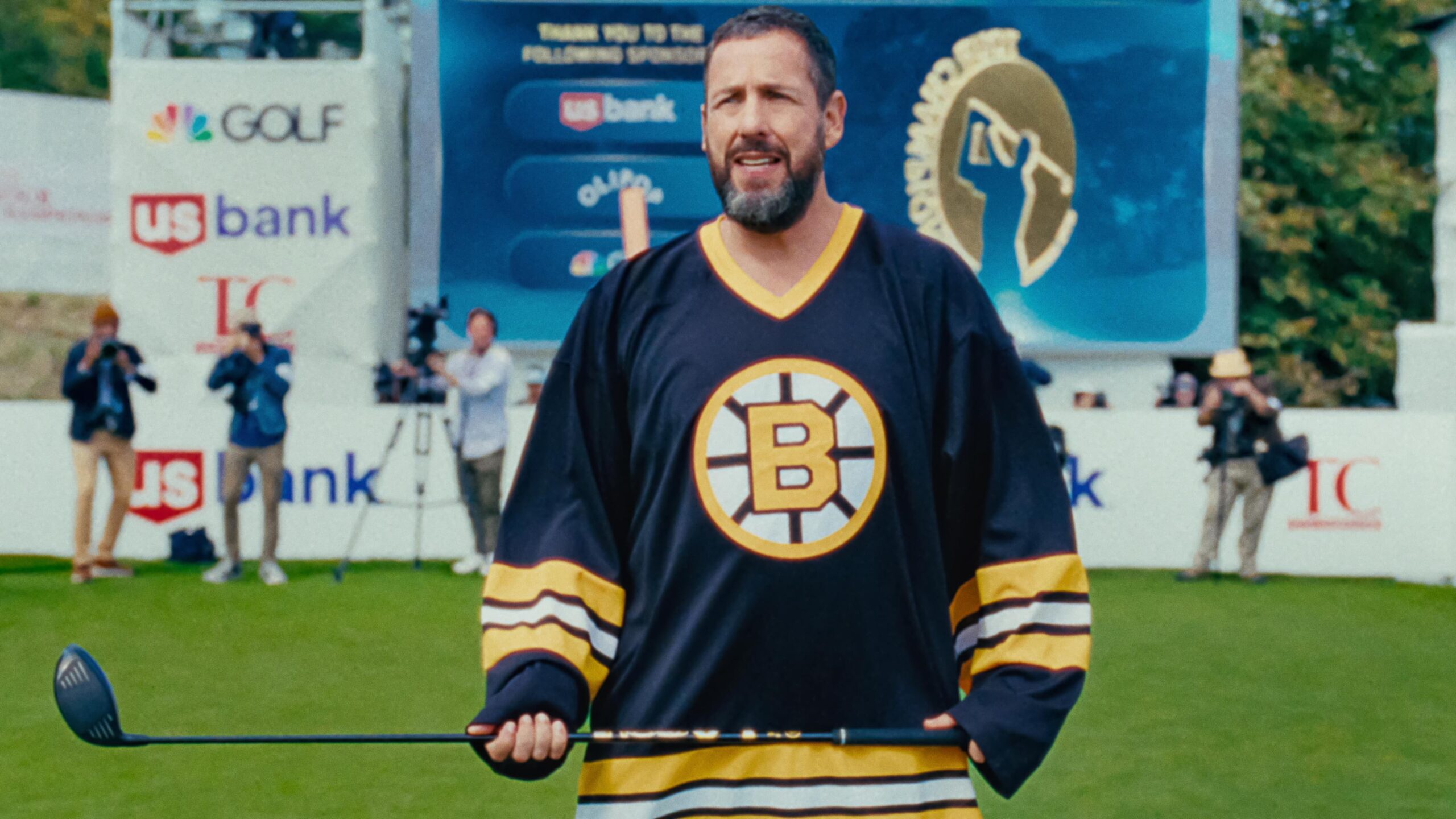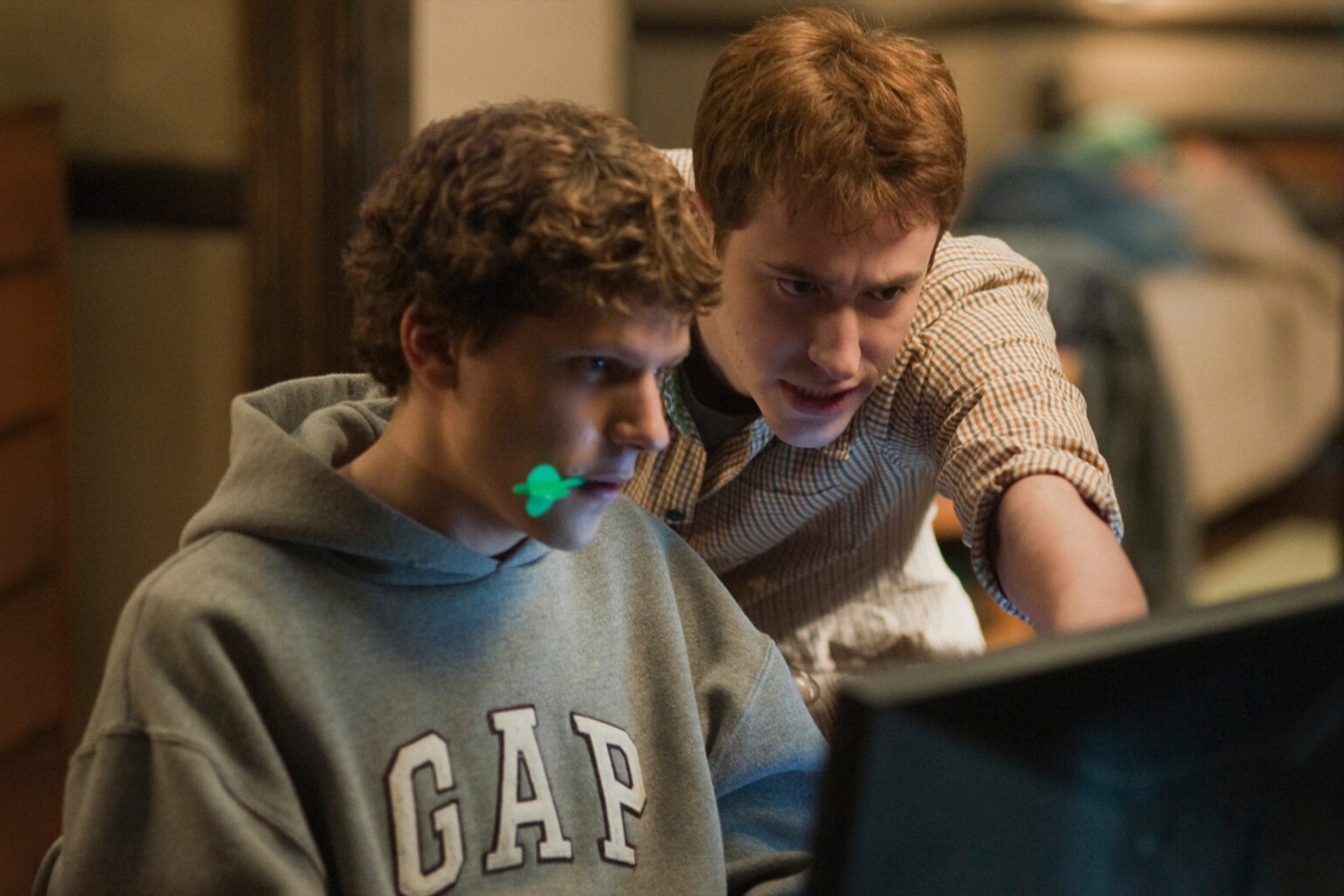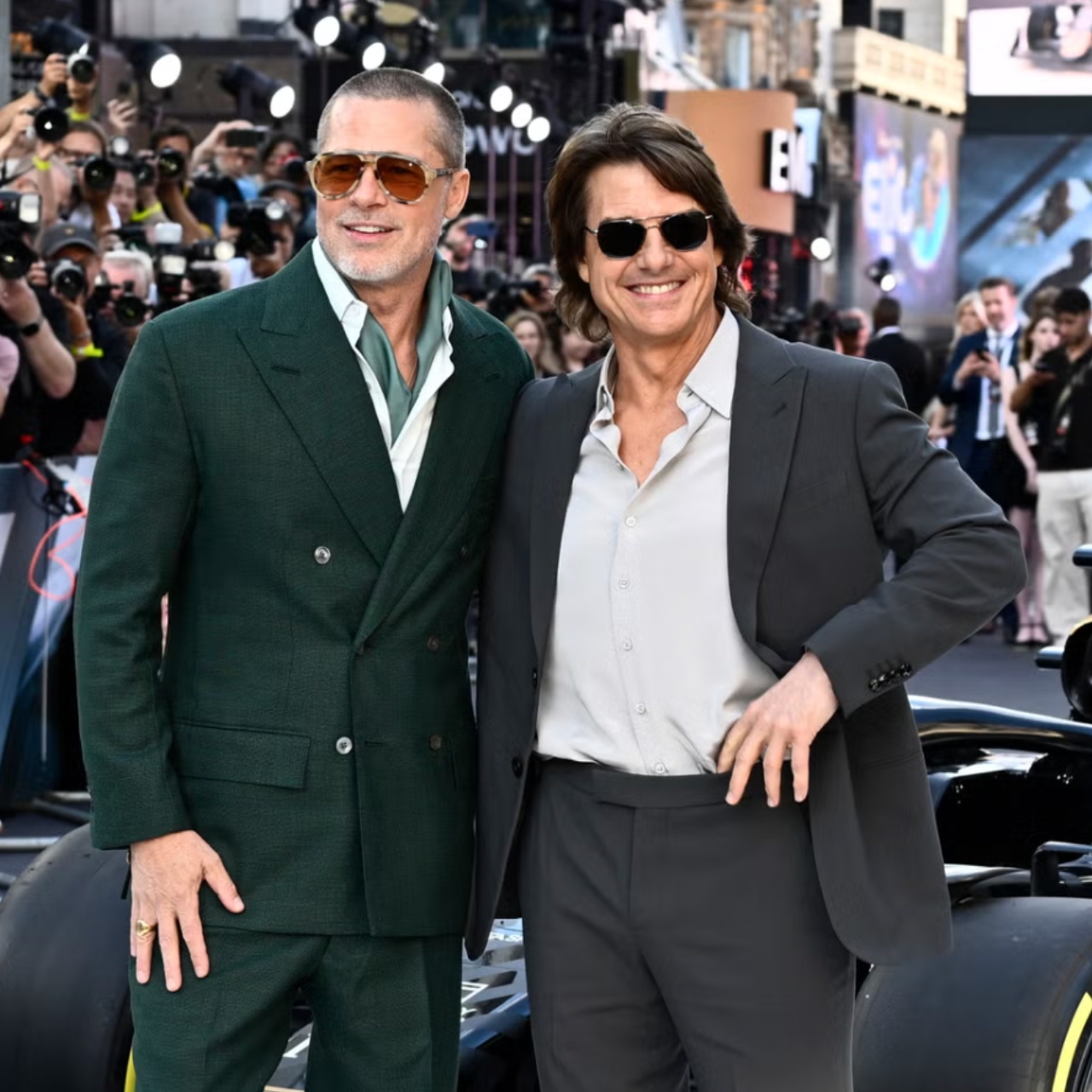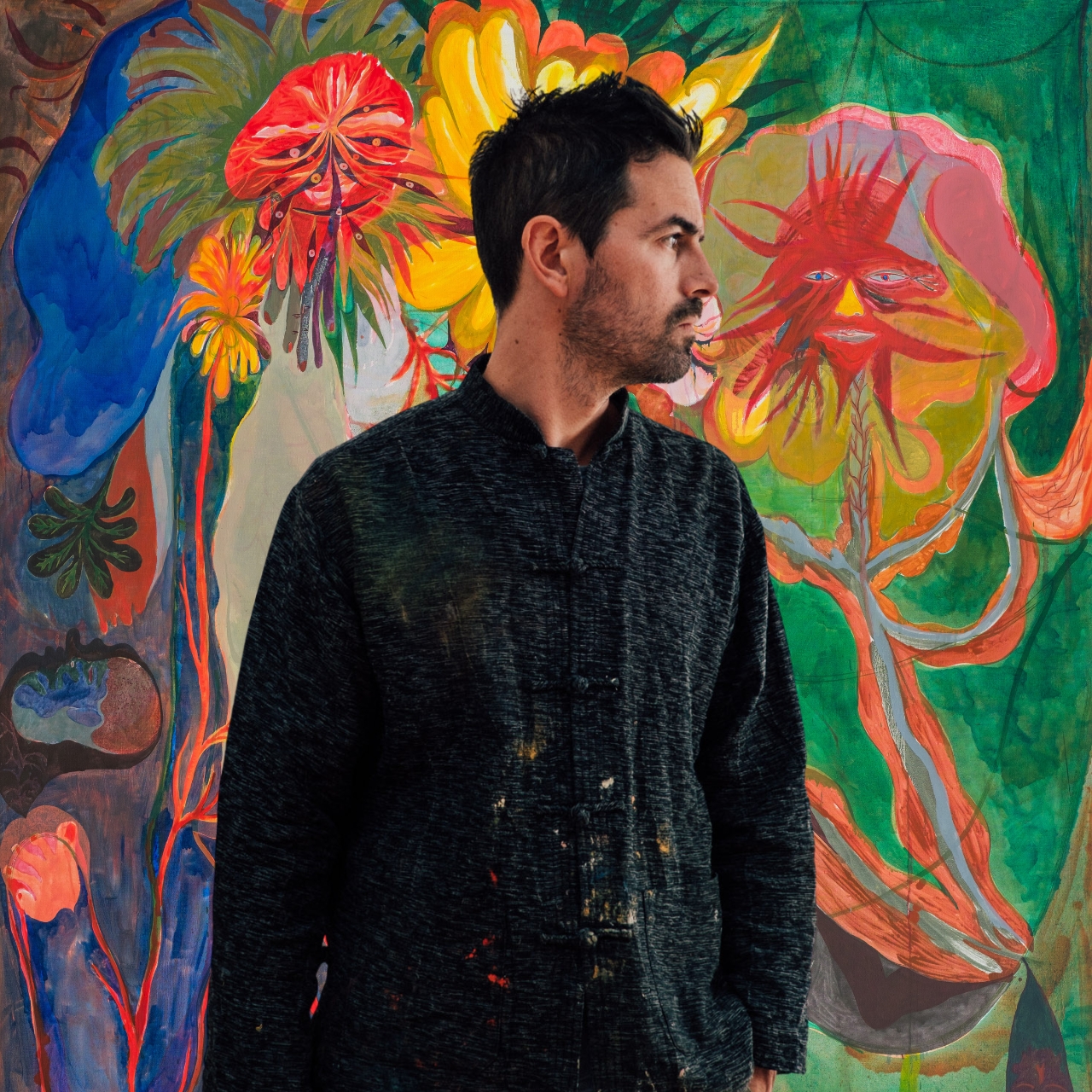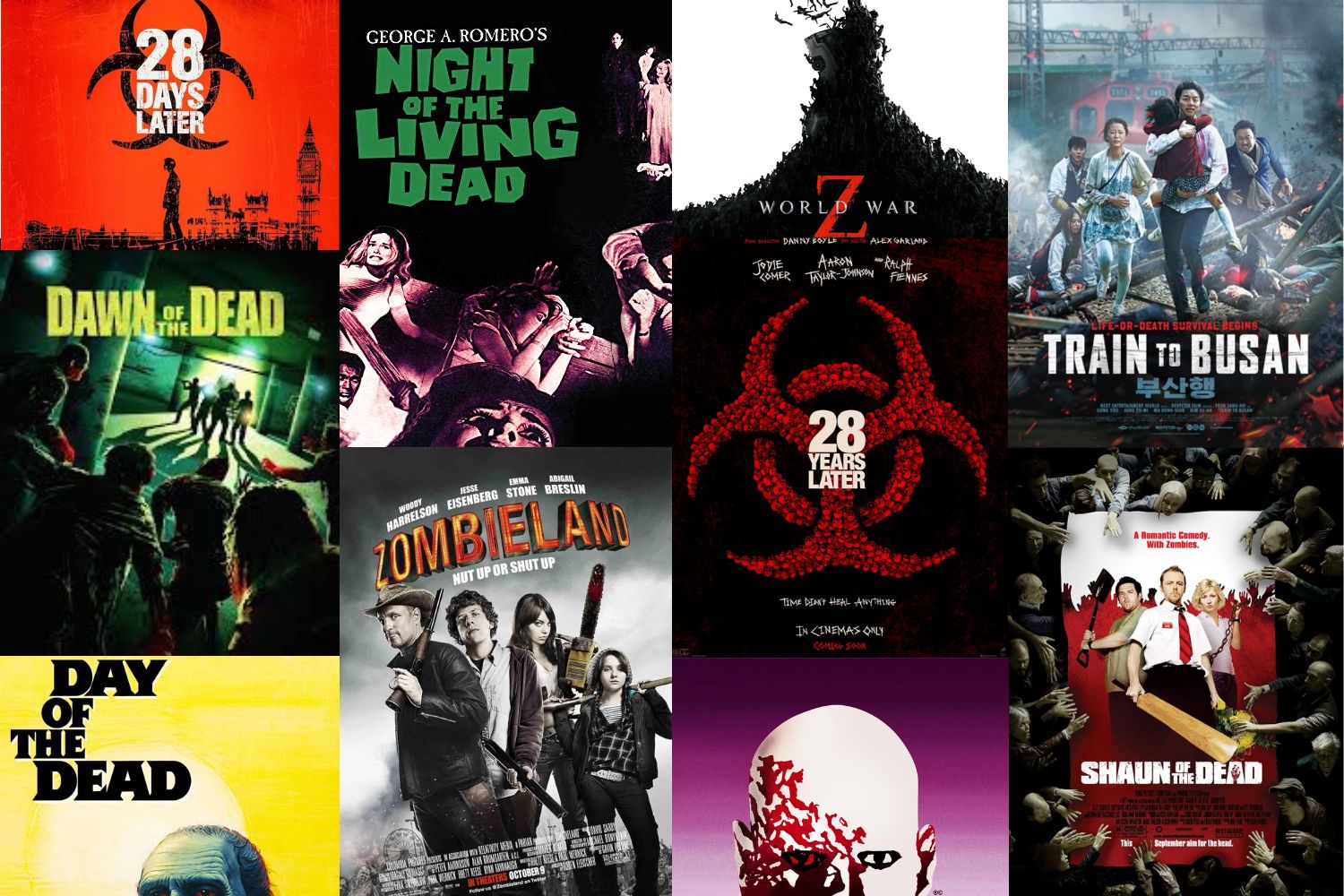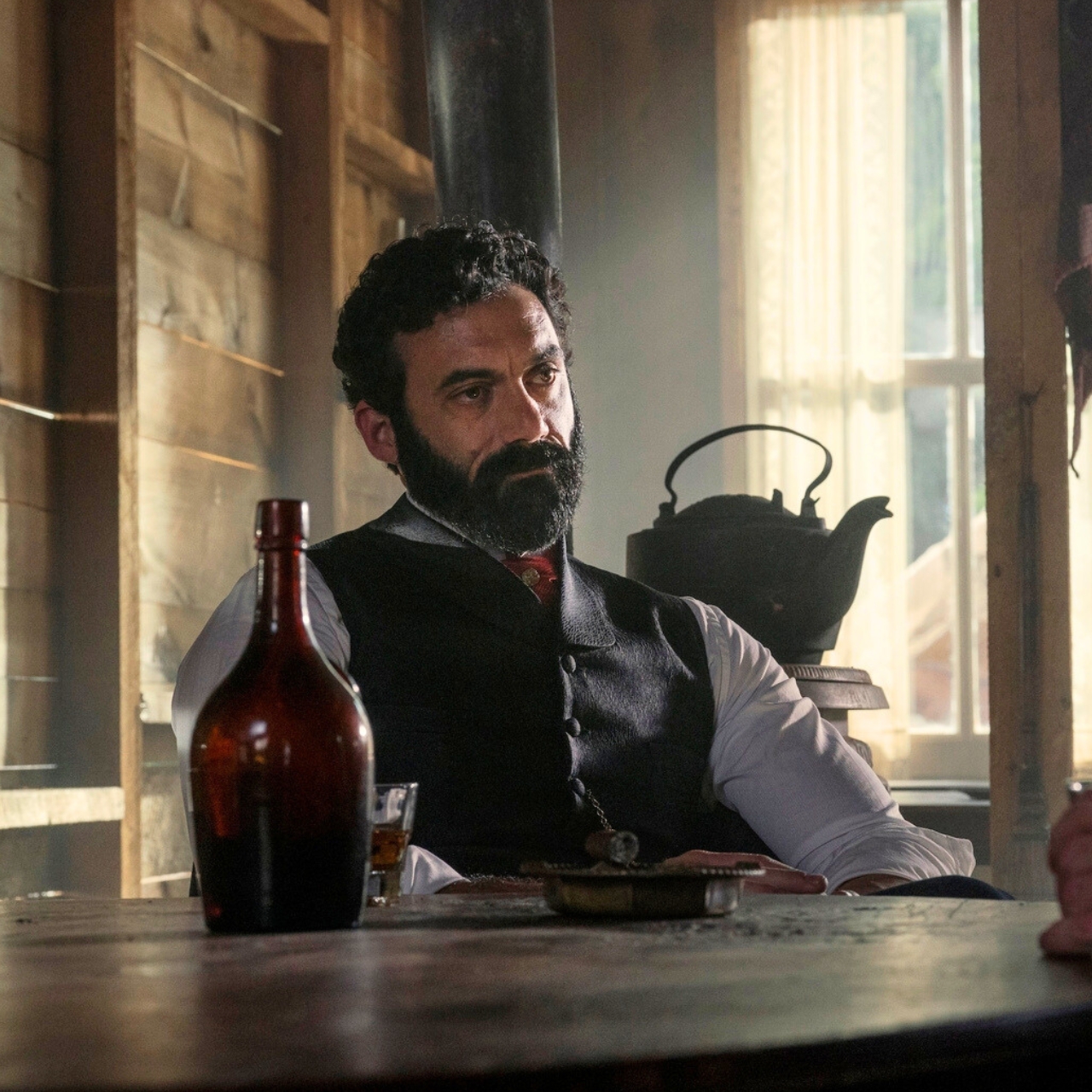Do we still need film critics?
Two prominent critics wrote their final columns on the weekend. Do we still need reviewers in an age when everyone is an expert?
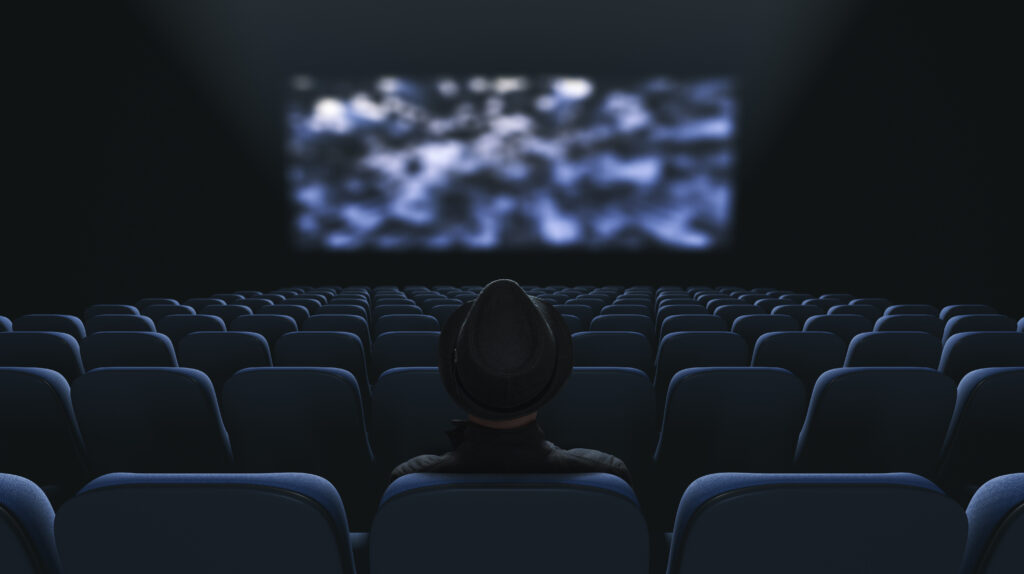
IT WAS PROBABLY coincidence but this weekend two prominent film critics wrote their last columns. Neither filed reviews, instead both were signoffs, with observations on the craft and how much the medium has changed during their time as reviewers.
In the Sydney Morning Herald, Paul Byrnes bid readers farewell after 38 years watching movies in darkened rooms, while at The Observer, Mark Kermode finished up after 10 years.
As Byrnes points out, the regular newspaper film critic is an endangered species, mostly because newspapers themselves have been in decline for the last decade or so. But as he notes, the internet has filled the void.
“The number of new voices on the internet is vast,” writes Byrnes, a former news reporter, who fell into film criticism in 1976. “Some are terrific writers, but very few critics can make a living at it now. I was one of the last and luckiest of that breed—the full-time newspaper critic. It was a privilege to be able to devote myself to the craft, but most newspaper critics have gone the way of newspapers. In the US and the UK, hundreds of critics have been ‘let go’.”
You could argue that movies too, have seen their cultural primacy challenged by the rise of streaming and prestige TV. Many critics are now writing in that space instead.
With the farewells of these two esteemed critics, it does beg the question as to whether we really need film reviewers anymore? If you’re curious about a movie you can immediately gauge popular consensus by looking at its audience and critics’ scores on Rotten Tomatoes or IMDB—my threshold for a trip to the cinema is an IMDB score of 7. At home on the couch it is 5.5. On a plane, there’s no threshold.
So, Byrnes is right, the internet has filled the void and there is still plenty of wonderful criticism out there. Indeed, you could argue the digital acreage available to reviewers on the web often allows deeper more nuanced criticism than afforded by the tight word limits of print–my current favourite critic is The Ringer’s Adam Nayman, who writes thoughtfully and incisively on the issues a movie might explore, while largely avoiding straight reviews.
But it’s true, the myriad of voices out there can make it hard to find a critic who you trust. Which is why if you are lucky enough to find one, you should consider yourself fortunate, for you have a potential parasocial companion who can enrich your viewing experience, and possibly, your life.
You can use critics’ reviews in two ways. A review can whet your appetite for a film. You can then go and see it before returning to your critic’s review afterwards to see how much your views aligned. Of course, some cinephiles will be aghast as this approach, preferring not to have their expectations clouded. In that case you might watch the movie first and then see what your preferred critic thought.
I do both and believe this kind of writer-reader relationship is rare. Most of the time a writer or reporter is merely informing you about a subject, or perhaps, in the case of a columnist, entertaining you. The film critic does too, but in this case, there is a distinctly more binary component to the relationship, as your subjective experience of the film means you are then empowered to engage with the writer on an intellectual footing, with the film acting as a metaphysical conduit between you. You will likely never meet but you have shared something.
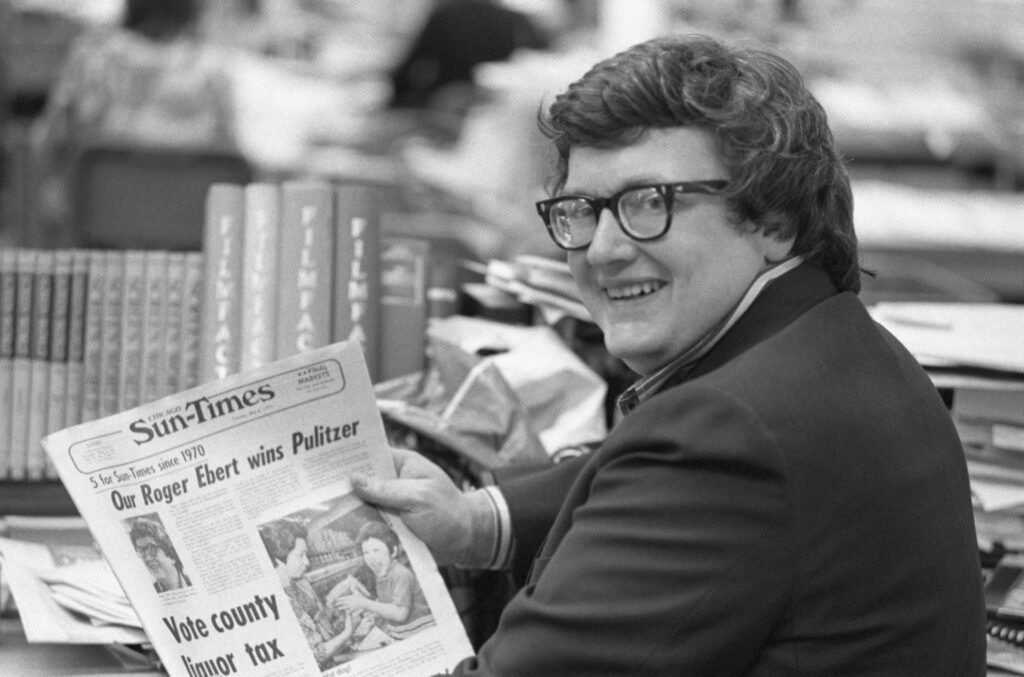
In that respect, my favourite critic of all time was Adrian Martin, chief film reviewer for The Age in the 1990s, when I was just discovering the world of cinema. I read him religiously for a few years but it was when he did a re-review of Michael Mann’s Heat that Martin really won me over. After initially giving the film two stars, the reviewer then went back and watched it again, admitted he was wrong and proceeded to give it five stars. Given critics rely on the authority of their judgment and confidence of their voice, I was gobsmacked by the move. It only raised Martin in mine and many others’ estimation.
But as much as a critic can elevate your movie-going experience, the truth is, many of us read a lot of reviews about films we haven’t seen, and in some cases, may never see. And that’s because in the case of a really good critic—the Roger Eberts and Pauline Kaels of the world—their work stands on its own, offering insights or entertaining you, independent of the film they’re actually reviewing. Byrnes puts it this way: “The reader will judge whether they are interested in the film; that wasn’t my job. A good critic is someone you can read whether or not you want to see the film.”
And this is where film criticism can be at its most entertaining, particularly if you’re a lover of language or just enjoy the weaponising of words in service of creative invective. This is what Kermode, for example, had to say about Entourage, the movie: “A soul-scraping orgy of “bros-before-hoes” cliche, it’s a hellscape of pornographic consumerist vulgarity that makes Sex and the City 2 look like a Marxist tract. As I said in my original one-star Observer review, The Human Centipede was more sensitively attuned to issues of gender politics, had better jokes, and didn’t feature a cameo appearance by Piers Morgan.”
I had never actually read Kermode’s reviews before. Now I wish I had.
Of course, the digital age has made us all critics. We contribute to those audience scores on IMDB, some of us write our own reviews, many of us blog. We also rate just about everything in our daily lives, from books on Goodreads, products on Amazon to Uber drivers, resorts, plumbers and restaurants and cafés we visit—I know more than a couple of people who enjoy leaving erudite, snarky reviews in these forums. And, of course, we’re easily entertained by your average Joe on Gogglebox Australia, commenting on TV programs from their couches—you begin to wonder if we really need voices of authority.
This rate-and-review culture was foreseen by a seminal late aughts comedy on the ABC called Review with Myles Barlow, in which a pompous reviewer tried out real life experiences, such as sleeping with a prostitute or drowning, then giving hilariously earnest reviews and ratings—drowning, if I recall correctly, got one star—the show itself rates 8.5 on IMDB, if you’re interested.
Personally I put a lot of faith in word of mouth and audience scores and I believe they give you a good barometer of whether or not you might enjoy a film, or have a good experience with a plumber. In that respect, I have confidence in the collective judgment of the masses.
But film criticism is possibly an art form, certainly a craft, of its own. Rather than a thousand anonymous screaming voices, you are putting your faith in one. And here’s the thing: when you have the pleasure of reading a review by one of these increasingly rare beasts, often the rating is beside the point.

Related:









